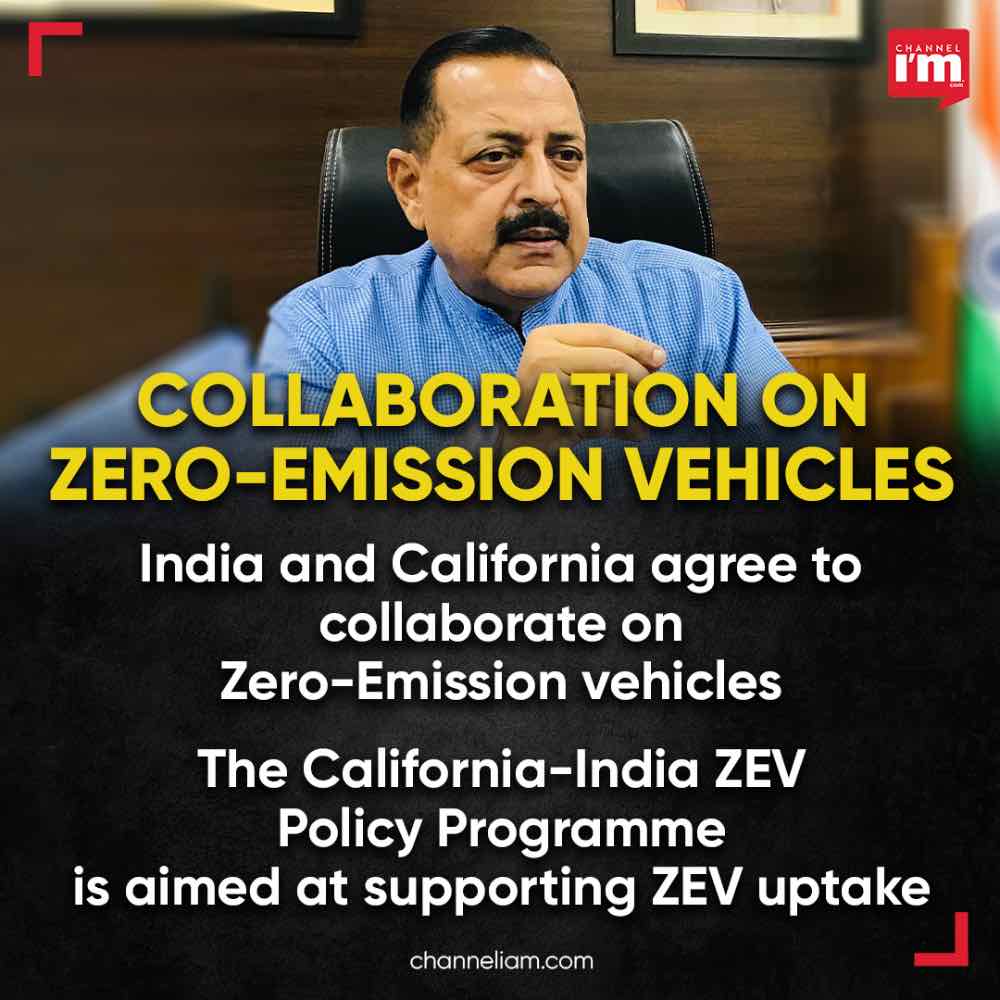
In order to advance its budding EV industry and mitigate climate risks, India has partnered with California for research and innovation in the field of zero-emission vehicles.
The most cutting-edge zero-emission vehicle (ZEV) regulations are found in California. By 2035, a strict 100% ZEV requirement will be in place. A new India ZEV Research Centre was developed as part of the collaboration with the University of California’s Davis Institute of Transportation Studies.
The California-India ZEV Policy programme aims to encourage the use of ZEVs in India, promote the formation of an EV sector there, and boost India’s industrial development.
It would also pinpoint chances for India to establish itself as a strategic leader in the global ZEV transition in addition to addressing policy, technological, and investment strategies for a ZEV transition.
The California-India ZEV Partnership, which was announced last week in Pittsburgh on the fringes of the Clean Energy Ministerial and attended by Union Science and Technology Minister Jitendra Singh, offers a rare opportunity for sub-national policy design as a lever for vehicle electrification and, more importantly, harnesses the role of States as important innovation labs, in both the countries and the global south, according to officials.
